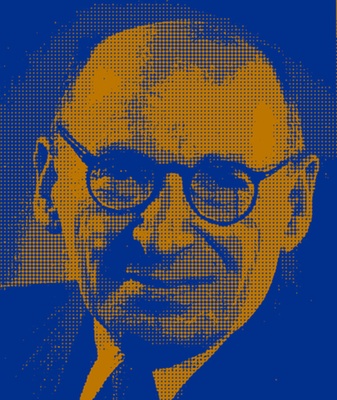Brendan Nyhan’s recent piece in the NY Times, When Beliefs and Facts Collide, points out that many people who deny evolution or climate change or some other domain of well-established scientific knowledge show considerable familiarity with the science involved, at least according to his summary of Dan Kahan‘s forthcoming paper, “Climate Science Communication and the Measurement Problem”[1] (see, for example, the posts on Wile’s Exploring Creation with General Science). These people reject the scientific conclusions and consensus in favor of beliefs. Nyhan hopes for a world in which “factual and scientific evidence” trumps belief.
The problem is facts do not occur in some utopian, Baconian world. They do not spring uninterpreted and uninterpretable from the ground. Facts are, instead, heavily burdened with pre-existing ideas. Even recognizing a given phenomenon as a fact requires an interpretative framework within with to make sense of that phenomenon, as Kuhn hammered home 50 years ago. What we accept as a fact and then what we then claim that fact means is always informed by our belief systems and is a marker of our identity, whether we are scientists testing the boundaries of “normal science” or whether we are religious zealots denying Darwinian evolution.[2]

Although Nyhan suggests as much when he says “With science as with politics, identity often trumps the facts,” he stops short of seeing how even “scientific evidence,” i.e. a fact, is itself a marker of identity and an expression of our values. The deeper problem is not “that citizens participate in public life precisely because they believe the issues at stake relate to their values and ideals;” people cannot act in any other way. There are no value-free facts. Instead, as Fleck argued 80 years ago, we judge facts from our own personal position—a fact “immediately either makes enemies or friends.” The deeper problem is we fail to recognize that facts are, in the end, impotent. By the time we start arguing about facts, the argument is over.
-
I have not yet read Kahan’s article, so I cannot vouch for Nyhan’s summary of it. ↩
-
Paul Krugman’s follow-up article does something similar for economic beliefs, “Beliefs, Facts and Money.” Like Nyhan, Krugman stops short of seeing how our identity, our values, shape what we can see as facts and what we claim those facts mean. ↩